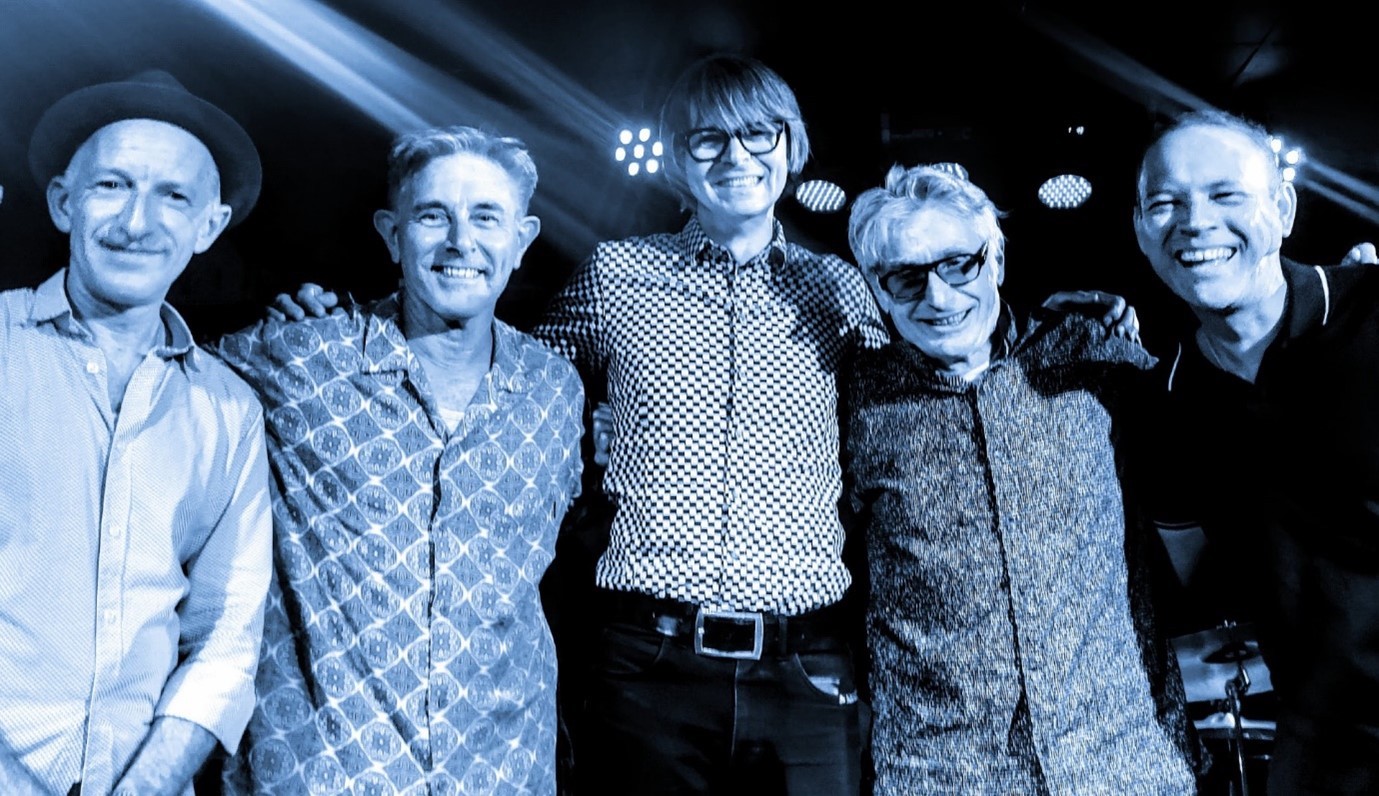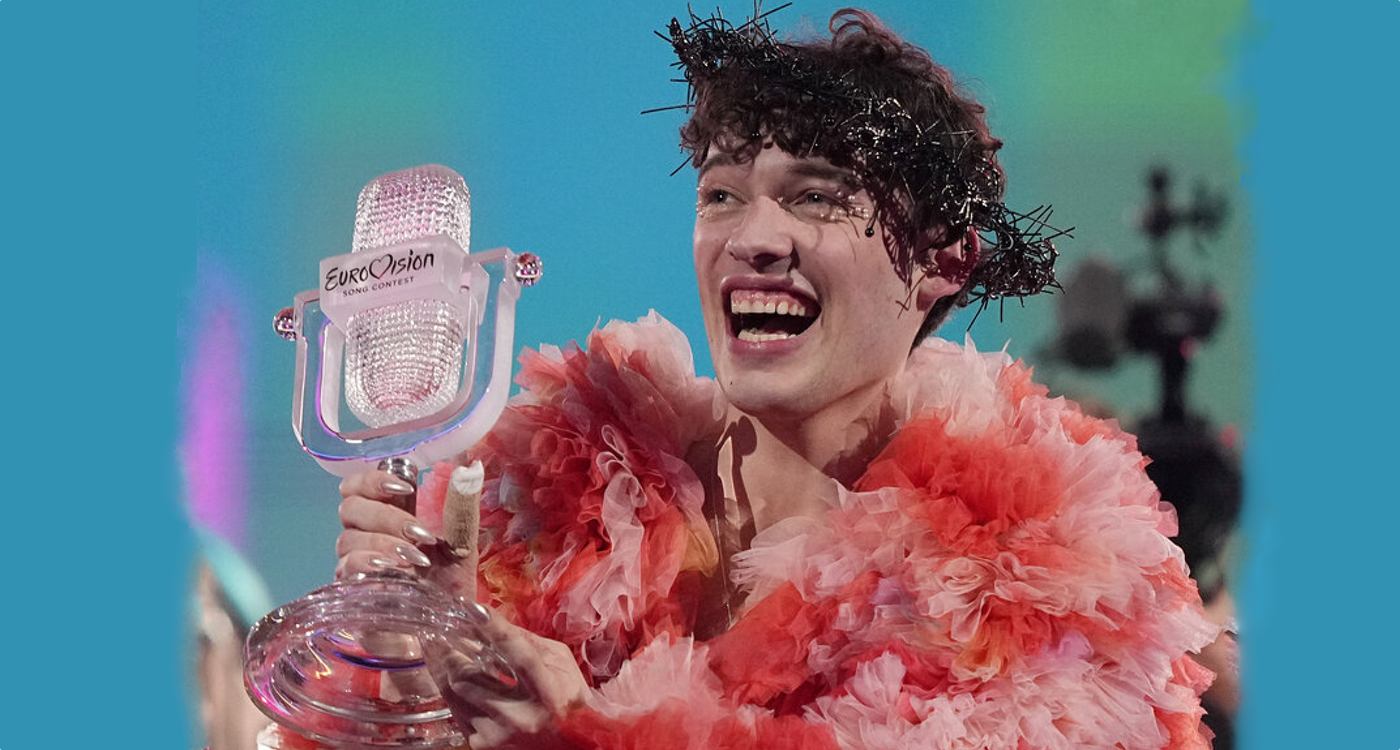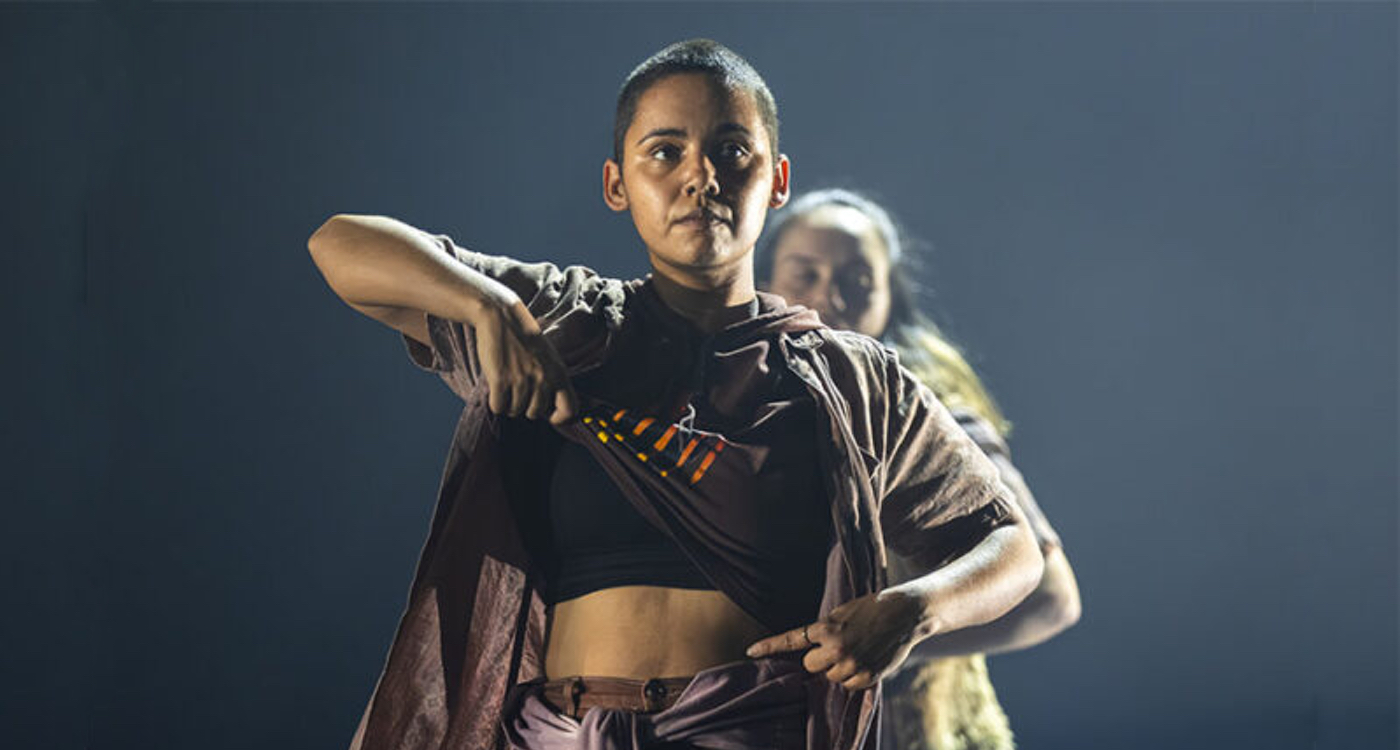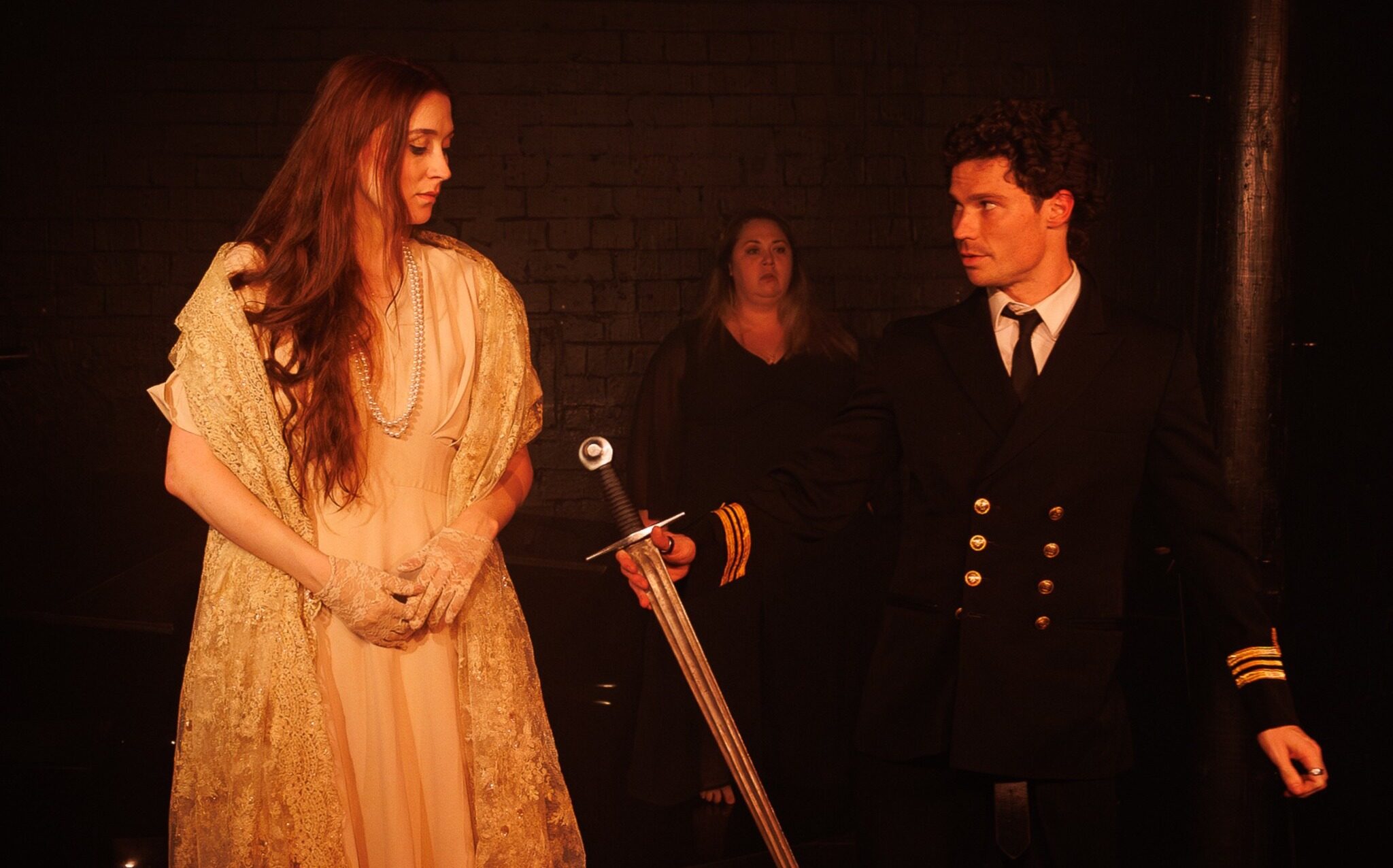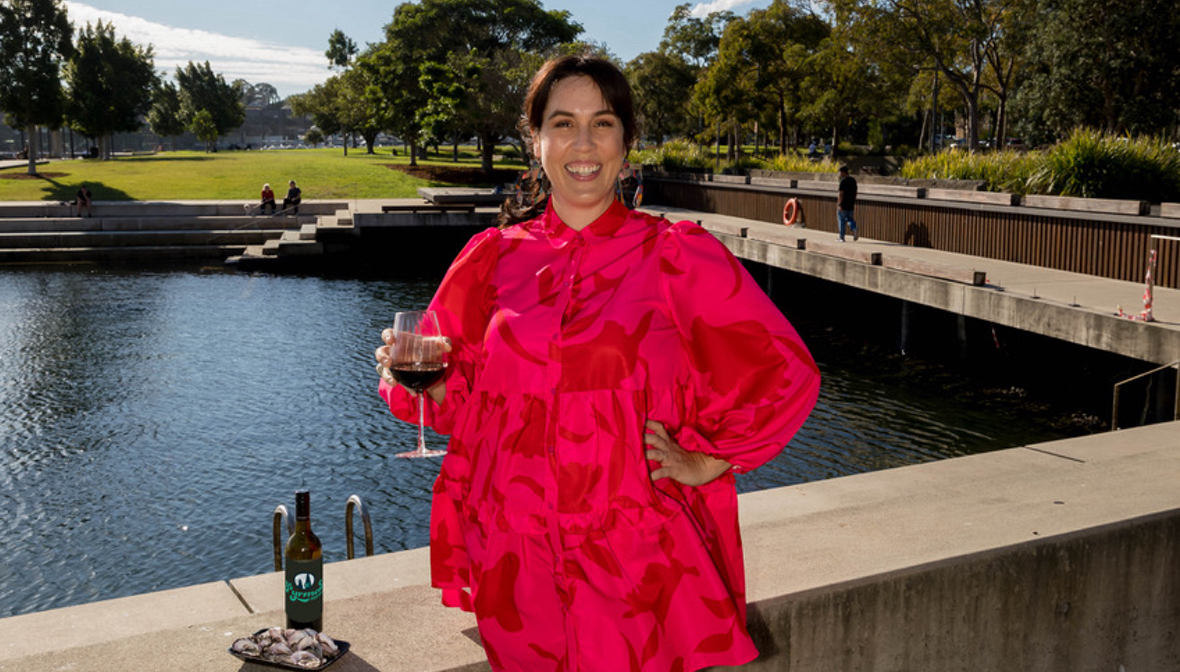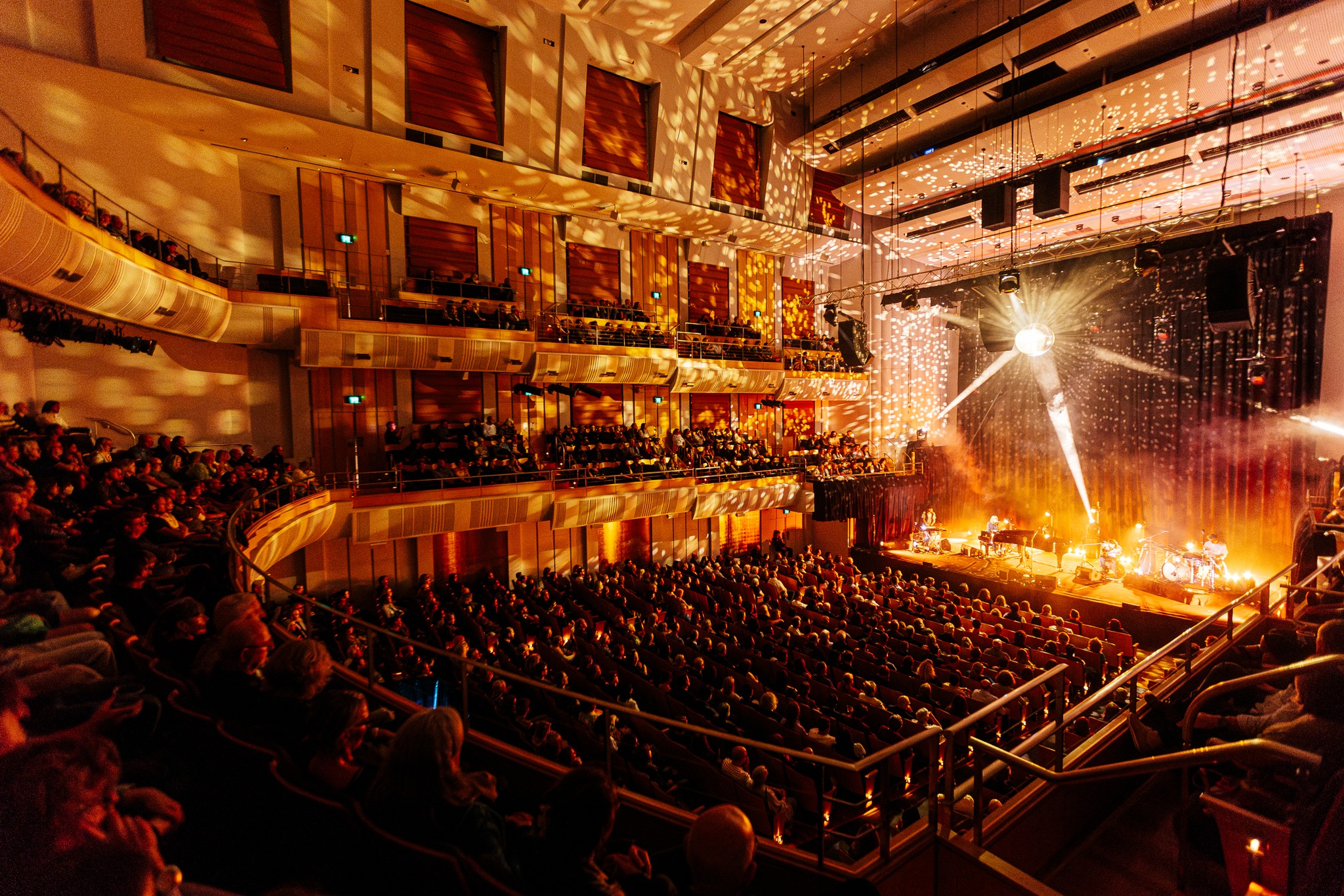
The Seagull – REVIEW
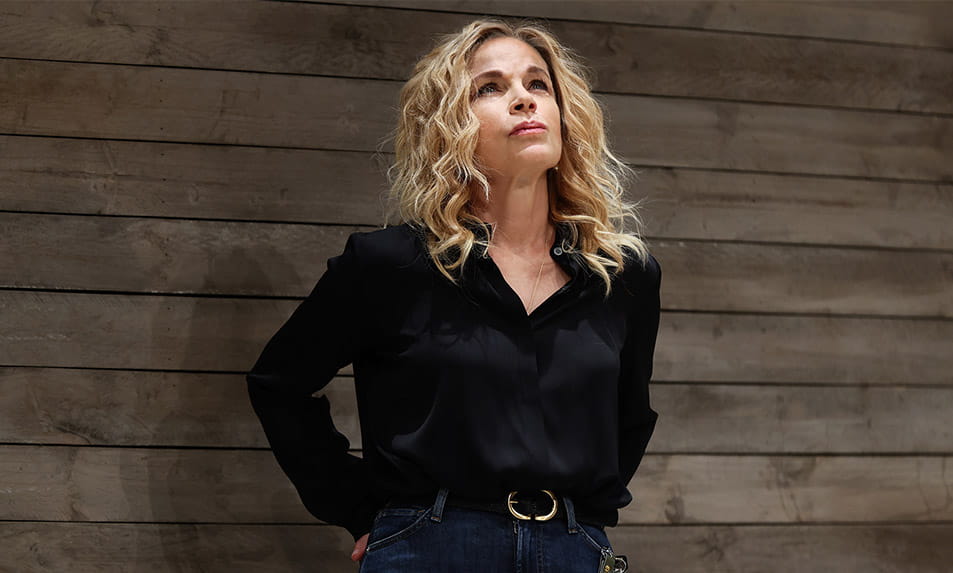
With a stellar cast, highly accomplished creatives and a script adaption from Andrew Upton, the Sydney Theatre Company’s production of Chekhov’s The Seagull has all the ingredients of greatness.
The first of Chekhov’s four great plays, The Seagull plays out on many levels, but essentially it is the story of group of artistic family and friends who come together over time on a family estate as they each struggle to find their places in their endeavours, each other and the wider frame of the world.
Upton has taken this late 19th century play set in middle Russia and placed it in the early 2000s inland lakeside Australia.
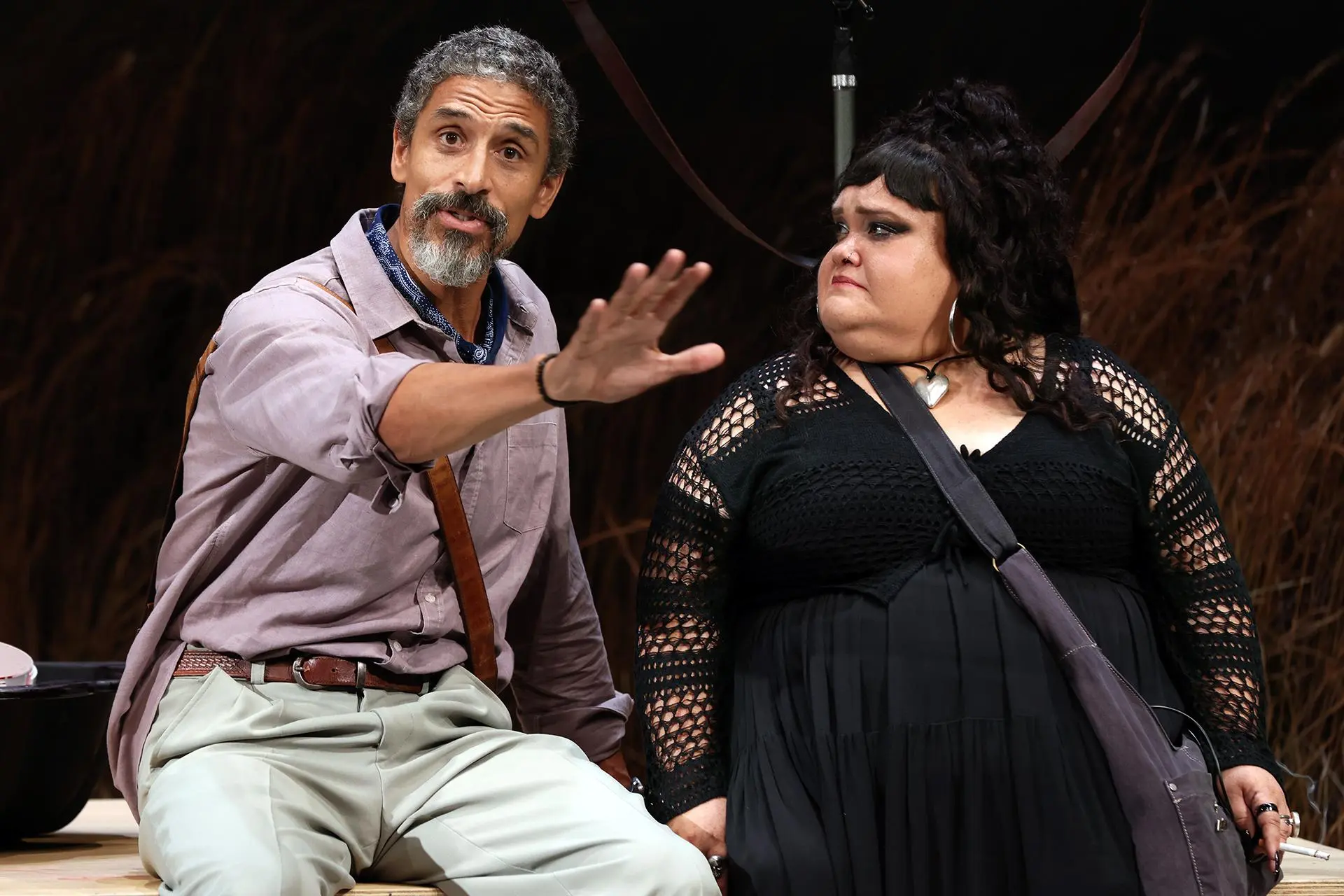
Props such as an iBook clamshell computer set the time, along with Masha’s goth look and attitude.
At the ensemble’s centre are Irina (Sigrid Thornton), her lover Boris (Toby Schmitz), Irina’s son Constantine (Harry Greenwood), budding actress Nina (Mabel Li) and Masha (Megan Wilding), who is in love with Constantine but ends up marrying someone else.
The Seagull’s four acts mark the transition of time and place, with each of the main characters undergoing self excoriation as they bare their artistic and romantic ambitions.

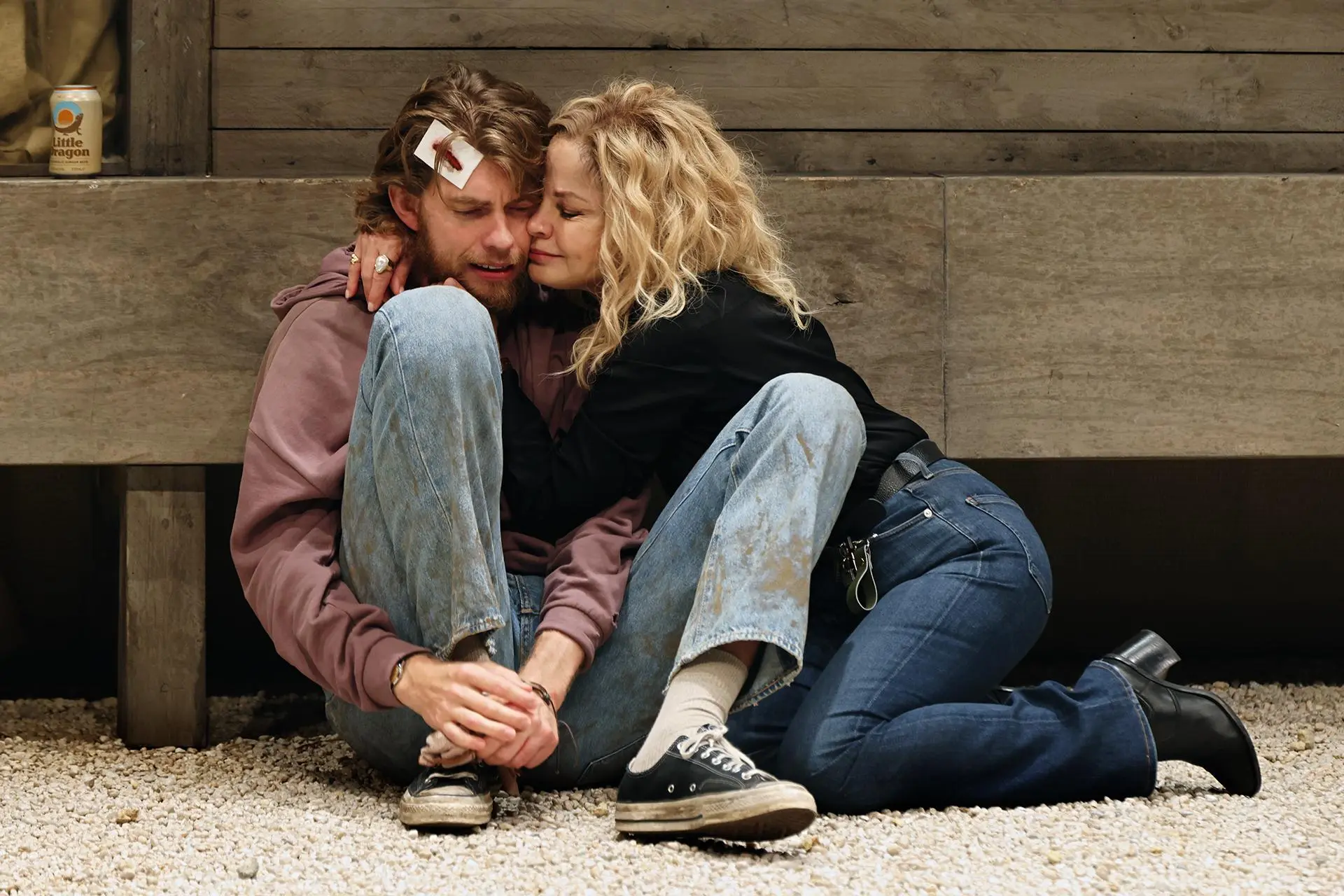
One of the most powerful, but on the surface, annoying of these is Constantine’s declaration of artistic intent to write something that will change the form.
What can be taken as the bleating of an annoying millennial, Constantine in his speech could be channelling Chekhov’s own desire to be transformative.
By the end of Constantine’s monologue we find that in his self indulgence there is a striving for artistic change and progress that is admirable, even if to excludes his mother.
Likewise Boris’ monologue where he examines the emptiness of his success, declaring that he would rather be fishing than writing.
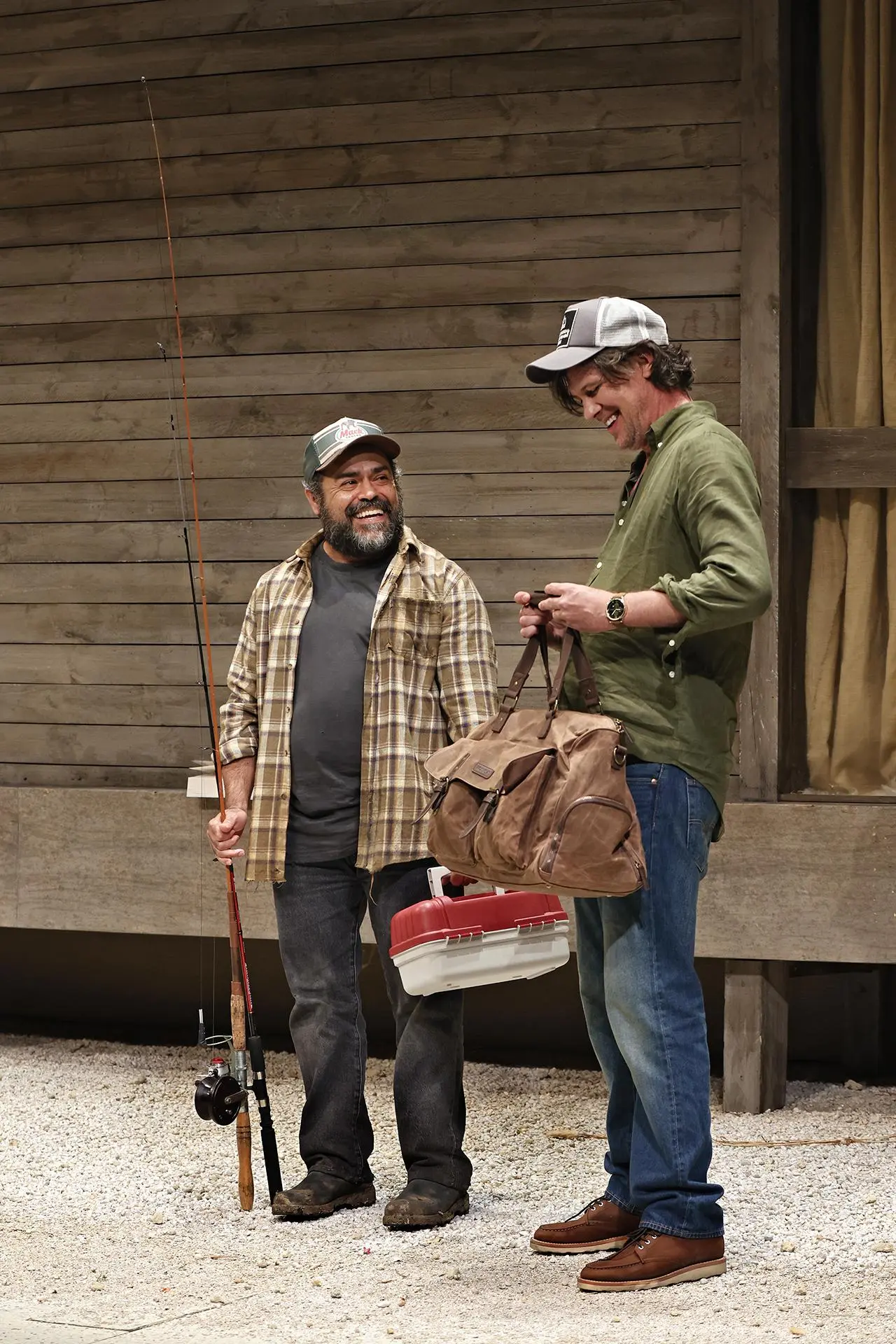
Masha is full of goth distain for herself and her surroundings and has some of the best lines in this adaption, including “Help me or I will do something stupid.”
Irina has her moment of reflection when she criticises Constantine’s now successful play, which has no part for her, as being the writings of a ‘wilful, egotistical boy’.
Nina has her moment when after years away trying to find success as an actress she returns to the property and declares to Constantine “whether we are writers or actors, the important thing is not fame, or glory, not what I used to dream about, but learning to endure” which could also be taken as one of the play’s many points.
Sean O’Shea plays Peter, Irina’s brother, who is the magnet that brings this cast of characters together, and despite his failing health, provides comfort to others with his acceptance of the inevitable.


Arka Das, Markus Hamilton and Briget Zengeni ably round out the cast, usually in humorous roles.
The women shine throughout this production, with Wilding being outstanding as the chain smoking goth who plays a dicey game with love.
As a newcomer Li is welcomed into this great cast, playing Nina as pretty-in-pink, sporting Lolita sunglasses to great effect in telegraphing her chosen destiny to become a famous actress.
Thornton shows what strength she as a stage actress and is totally at home in the role of Irina.
Harry Greenwood also proves that he has the chops to match it with the best, and brings to his role of Constantine the right amount of piss and vinegar.
The Seagull sees Toby Schmitz easing into a more mature role that he embraces with at first defiance and then reflection.

Upton’s re-adapting of Chekhov’s script beings it closer to our time, while at times sacrificing tragedy and depth for attempts at humour, which don’t always work.
Imara Savage has handled a well matched cast with ease, though there are inherent difficulties with the removal of the play from its original time and place.
Each of The Seagull’s four acts are defined by a lowering of the curtain and a scene change, marking the progression of time and character.
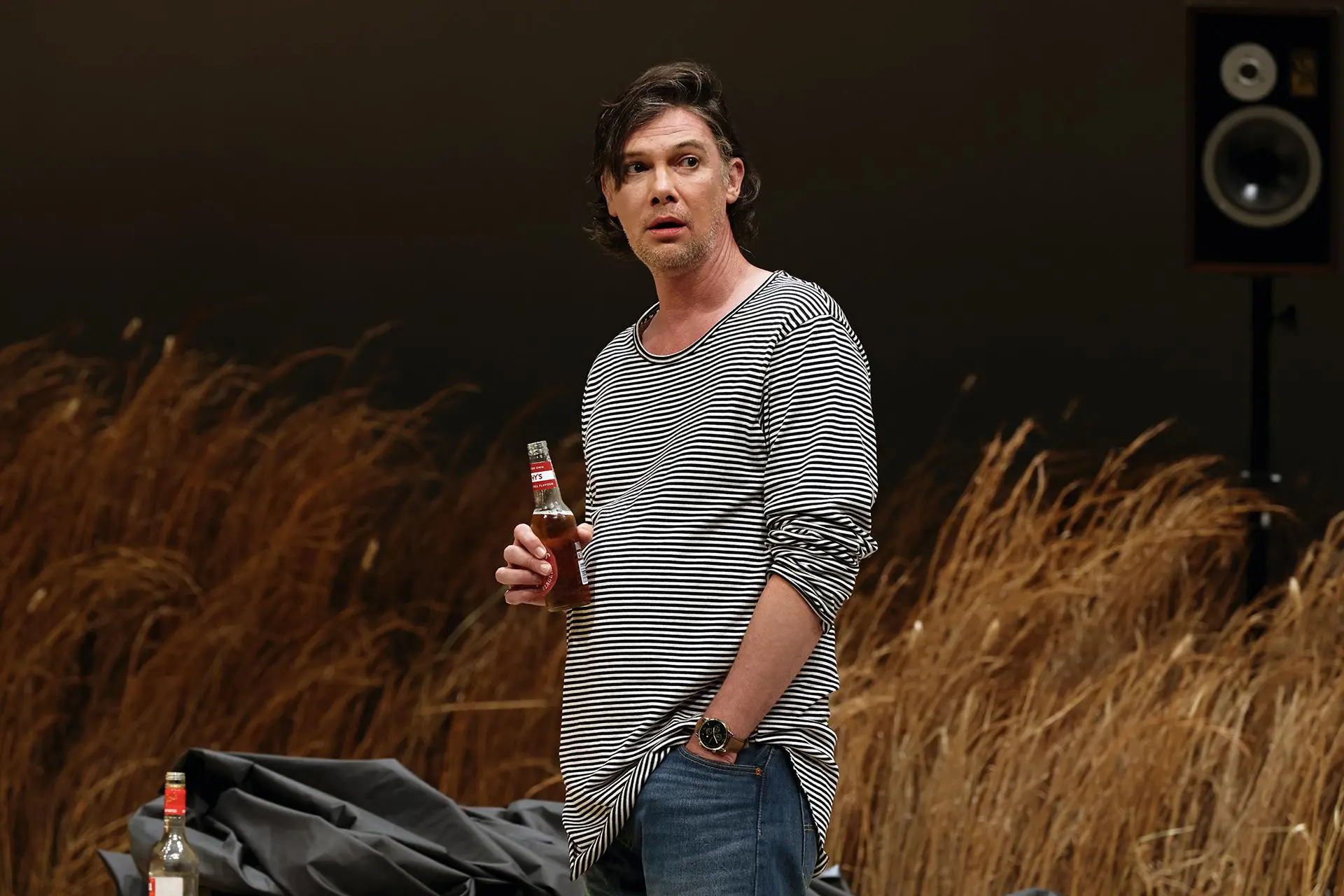
Set designer David Fleischer works the stage well with large and open sets that close in as the play progresses, beginning with a frame within a frame for the first act against a lakeside set of a wooden jetty and rushes.
This simple set progressively gives way to more dominant settings of a lakeside cottage and, finally, the claustrophobic main house.
Lighting designer Amelia Lever-Davidson keeps it simple and effective, while sound designer Max Lyandvert works with often complex audio cues that appear seamless.
This version of The Seagull is an enjoyable night at the theatre with all of the cast at the top of their game.




